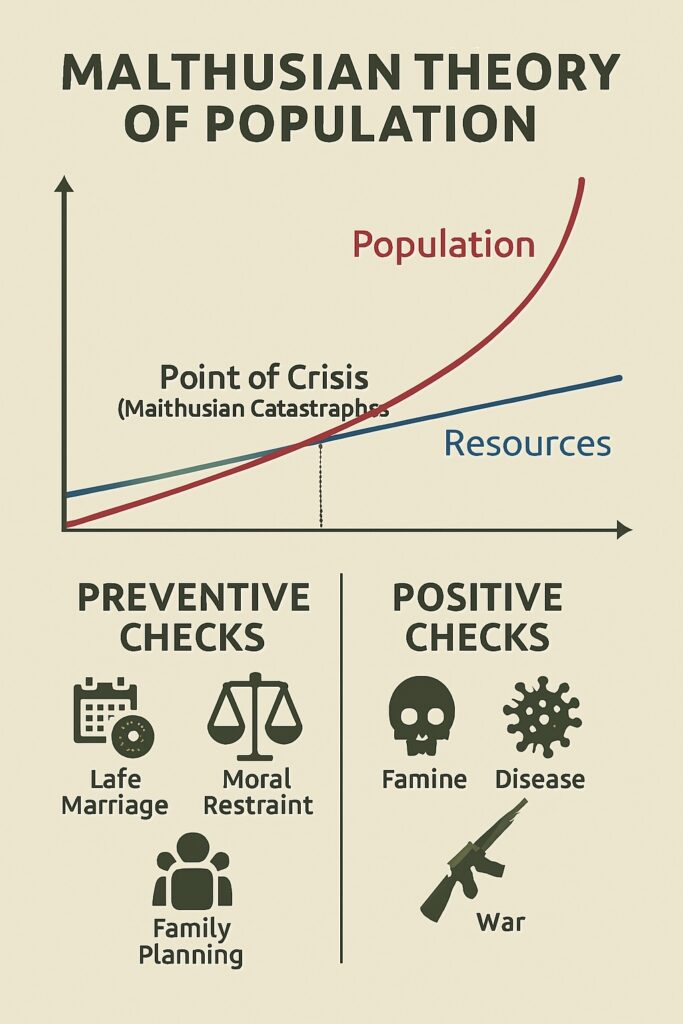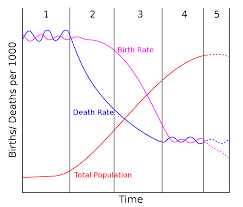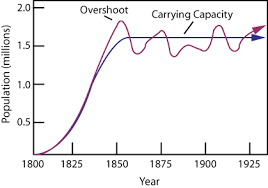Population theories attempt to explain the patterns and causes of population growth and change over time. They provide frameworks for understanding how populations interact with resources, technology, and economic development. Theories of population have evolved over centuries in response to changing demographic and socio-economic realities. Below are the major population theories widely discussed in geography and demography.

Table of Contents
1. Malthusian Theory of Population
Proposed by Thomas Robert Malthus in 1798, this is one of the earliest and most influential population theories.
- Basic Idea:
- Population grows in geometric progression (exponentially).
- Food production grows in arithmetic progression (linearly).
- If unchecked, population growth will outstrip food supply, leading to famine, disease, and conflict (called positive checks).
- Preventive Checks:
- Moral restraints like delayed marriage and celibacy to control population growth.
- Criticism:
- Did not account for technological advances in agriculture and birth control.
- Too pessimistic and failed to predict the demographic transition in industrial societies.
2. Neo-Malthusian Theory
This is a revised version of Malthus’ theory, popular in the 20th century, especially after World War II.
- Main Features:
- Emphasizes controlling population growth through family planning and contraceptives.
- Stresses environmental degradation and resource depletion due to overpopulation.
- Relevance:
- Influenced modern population control policies.
- Closely linked to environmental and ecological concerns.
3. Demographic Transition Theory (DTT)
This theory explains the transformation of countries from high birth and death rates to low birth and death rates as part of economic development.
- Stages of Demographic Transition:
- Stage I: High birth rate, high death rate → Stable population.
- Stage II: High birth rate, declining death rate → Rapid population growth.
- Stage III: Declining birth rate, low death rate → Slowing growth.
- Stage IV: Low birth and death rates → Stabilized population.
- Stage V (added by some): Birth rates fall below death rates → Population decline.
- Applicability:
- Widely used to study population changes in developed and developing countries.
- Helps explain urbanization and economic growth patterns.

4. Optimum Population Theory
This theory relates population size to the availability of resources and productivity.
- Key Concept:
- There is an optimum size of population that, when combined with available resources, results in the maximum per capita income.
- Under-population:
- Too few people to utilize resources effectively.
- Over-population:
- Too many people causing resource strain and decline in living standards.
- Relevance:
- Useful in assessing population-resource balance in regions.

5. Marxist Theory of Population
Proposed by Karl Marx, this theory rejects Malthusian pessimism.
- Key Arguments:
- Population growth is not the root of poverty; rather, it is the result of capitalist exploitation and unequal distribution of resources.
- Emphasizes social justice, wealth redistribution, and equity.
- Implication:
- Focuses on economic systems rather than controlling population.

Conclusion
Population theories provide valuable insights into the dynamics of population growth and its effects on societies and economies. While Malthusian and Neo-Malthusian theories stress the dangers of overpopulation, the Demographic Transition model explains population changes in relation to development. Optimum population highlights balance, while Marxist theory points to socio-economic inequality. Understanding these theories is essential for planning, development, and sustainability in a world with growing demographic challenges.
Read: Geography Notes